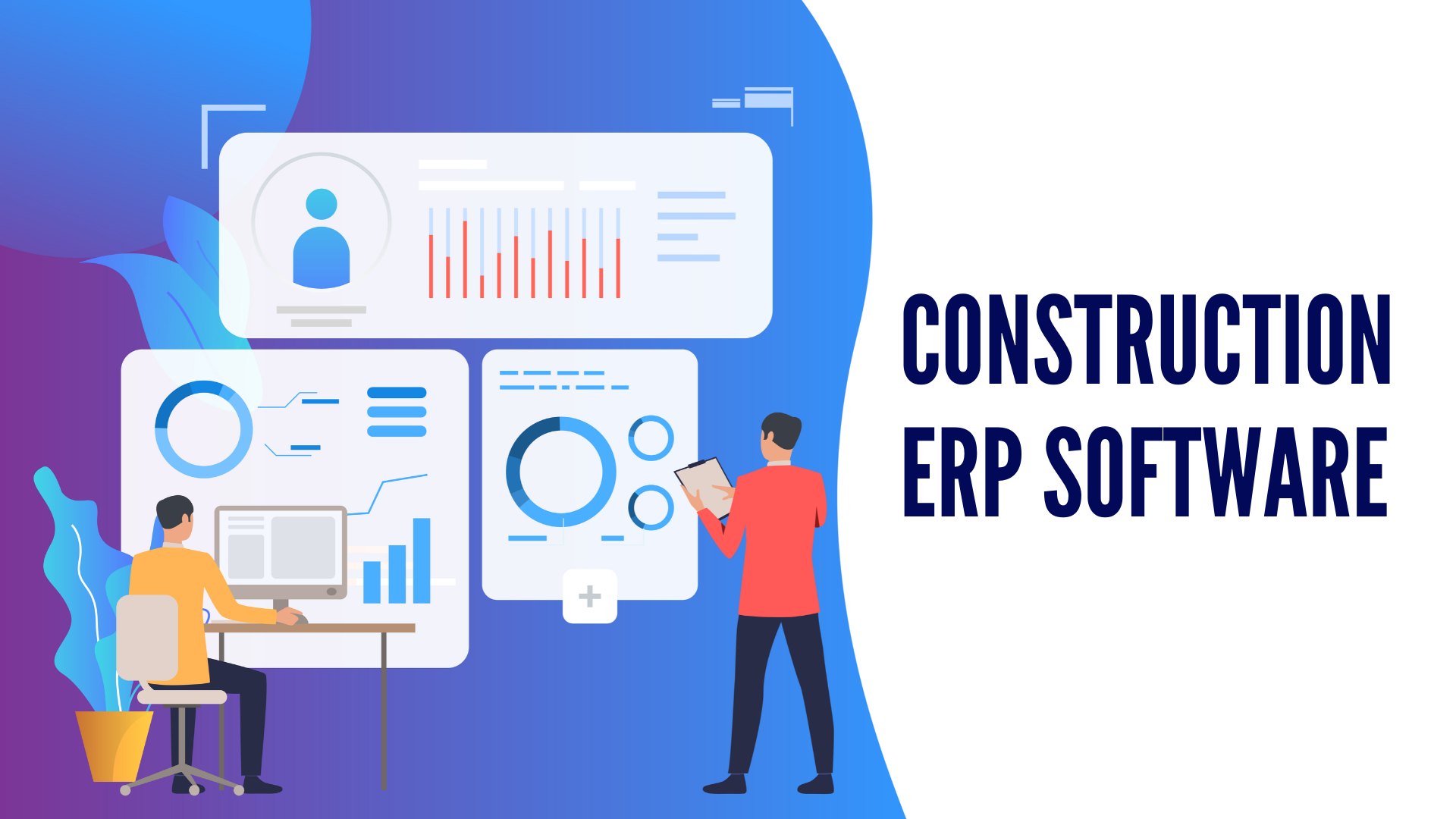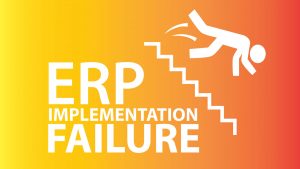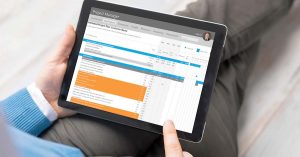Construction Industry ERP – Managing personnel, materials, and equipment in the construction sector is a challenging undertaking. A standalone ERP software that can handle numerous operations such as erp project management, inventory management, and finance management becomes essential to compete with the ever-increasing competition.
How does ERP Supports Construction Businesses?
Aligning your workflow is critical, especially in the construction industry, where organizations constantly ponder cost-cutting strategies. With cutting-edge technologies like streamlined financials, seamless integration, and a 360-degree perspective of business operations, Enterprise Resource Planning software like Oracle Netsuite may assist you in achieving this aim. The following are the primary advantages of incorporating ERP software into your construction business:
1. Operational Improvements
The first step toward modernizing operations is automation. Implementing an excellent ERP solution, such as NetSuite can be a game-changer in terms of managing all of your data in one database. This will prevent you from wasting time and money due to human error.
2. Project Management Expertise
To achieve a smooth workflow, a construction company needs an effective project management system. Improper raw material management and allocation and underutilization of the workforce can all harm any construction project. ERP Software systems can handle these complicated procedures while maintaining an accurate inventory of raw materials and labor utilization.
3. Flawless Data management
A dynamic platform is required in the construction sector to integrate data from diverse sources such as labor and inventory. A single platform should send all operational data from various sources. Managers can easily map activities to decrease inefficiencies based on this data.
4. Reduce Needless Expenses
ERP software generates real-time data that is used to forecast existing and potential expenses. This will improve the planning process and reduce waste by discovering the most cost-effective way to use resources.
5. Customization
In our ever-changing world, customization is a must. Popular ERPs include a configurable dashboard that may be combined with numerous tools to boost analytical features for estimating. According to an expert, it would be impossible to compete without customization.
6. ROI (Return on Investment)
Having a real-time connected perspective of the business will improve operations and save downtime. ERP systems increasingly include robust business analytics and reporting capabilities. They are capable of discovering system deficiencies and significant areas of competency to identify areas for progress.
Is Netsuite a Good Fit for My Construction Business?
If you need a robust, configurable cloud ERP platform, Oracle Netsuite is the environment for you. The software contains several applications like Human Resources, CRM, Supply Chain, and Finances, readily integrated with your existing legacy systems. If you work in the construction industry, you are already aware of job costing. Netsuite ERP can handle all of your accounting needs and give you advanced estimates through its KPI dashboards.
Contact Connected IT Consulting Services for a quick quote if you want to chat with professionals about NetSuite implementation for your construction company.



